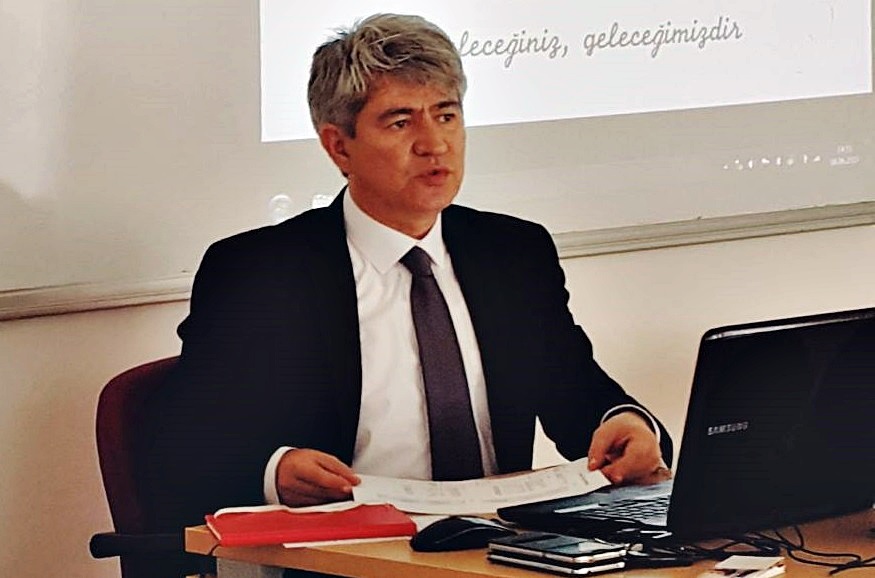
A workshop was organized by the Near East University Educational Programs Development Coordination Office on ‘Practices for Using Discussion Techniques in the Process of Learning and Teaching".
According to a press statement released by the Near East University Press and Public Relations Directorate, the lecturers of Ataturk Faculty of Education, Faculty of Nursing, Faculty of Health Sciences and Faculty of Communication participated in the workshop.
In the workshop, the faculty member of the Faculty of Communication, Radio and Television Cinema, Assist. Prof. Dr. Mustafa Ufuk Celik gave information about empathic communication and mutual understanding.

Assist. Prof. Dr. İpek Danju, a lecturer from th eAtatürk Faculty of Education, Department of Early Childhood Education also emphasized the necessity of involving learners in the learning and teaching process through which knowledge, skills, attitudes, social values and positive behavior changes are guided. Asst. Assoc. Dr. Danju said, "Discussion techniques should be preferred in order to ensure active participation in the learning and teaching process in which the answer to the question "How should I teach?""
Quality House Event with problem solving technique was held
Assist. Prof. Dr. Danju made presentation on problem solving techniques such as large group discussions and small group discussions, discussion techniques based on students' mutual conversation, listening and criticizing each other, students in learning situations; critical point of view, creative thinking skills, analytical thinking ability, reflective thinking skills, problem solving skills and empathy skills that provide 'opposite panel, collage, circle, idea screening, information feast, debate, panel, opinion development, forum, conference, thought workshop, buzz groups, aquarium, ball transport, speech ring, six-hat thinking, Sokratic discussion and quality house problem solving techniques. Finally, Quality House activity, which is a problem solving technique, was performed.